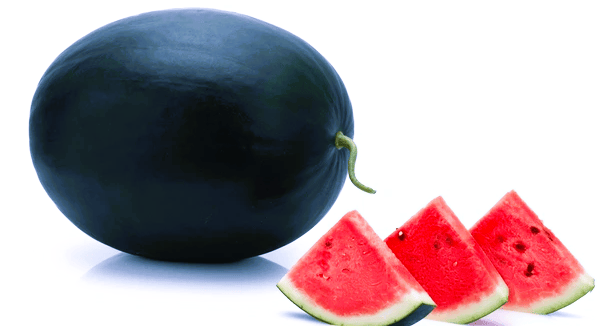Benefits of Watermelon and Its Vitamin and Mineral Content
Explore the benefits of watermelon and its rich vitamin and mineral content. Discover how this refreshing fruit enhances hydration and boosts overall health naturally.


Watermelon is a delicious and refreshing fruit that is loved by people of all ages. Not only is it a tasty treat, but it also offers numerous health benefits. One of the key reasons for its popularity is its high water content, making it an excellent choice for staying hydrated during hot summer months. In addition to its hydrating properties, watermelon is packed with essential vitamins and minerals that contribute to overall well-being. Let's explore the amazing benefits of watermelon and its rich vitamin and mineral content.
1. Hydration: As mentioned earlier, watermelon is composed of approximately 92% water, making it an ideal fruit to quench your thirst and stay hydrated. Proper hydration is crucial for maintaining healthy bodily functions, regulating body temperature, and promoting optimal organ function.
2. Vitamin C: Watermelon is an excellent source of vitamin C, which plays a vital role in boosting the immune system and promoting collagen production for healthy skin and connective tissues. Consuming watermelon regularly can help strengthen your immune system and protect against common illnesses.
3. Vitamin A: Watermelon is also rich in vitamin A, which is essential for maintaining good vision, healthy skin, and a strong immune system. Vitamin A is known for its antioxidant properties, which help combat free radicals and reduce the risk of chronic diseases.
4. Lycopene: Watermelon is one of the best dietary sources of lycopene, a powerful antioxidant that gives the fruit its vibrant red color. Lycopene has been linked to a reduced risk of certain types of cancer, including prostate and lung cancer. It also helps protect against heart disease and promotes overall cardiovascular health.
5. Potassium: Watermelon contains a significant amount of potassium, a mineral that plays a crucial role in maintaining proper heart and muscle function. Potassium helps regulate blood pressure, balance fluids in the body, and support nerve function.
6. Citrulline: Watermelon is a natural source of citrulline, an amino acid that converts into arginine in the body. Arginine is essential for promoting blood flow, improving cardiovascular health, and enhancing exercise performance.
7. Fiber: Watermelon contains a moderate amount of dietary fiber, which aids in digestion, promotes regular bowel movements, and helps maintain a healthy weight. Including fiber-rich foods like watermelon in your diet can contribute to better digestive health and prevent constipation. Incorporating watermelon into your diet is a simple and delicious way to reap its numerous health benefits. Whether you enjoy it as a refreshing snack, in salads, or as a hydrating juice, watermelon is a versatile fruit that can be enjoyed in various forms. Remember to choose ripe watermelons that are heavy for their size and have a deep, vibrant color for the best flavor and nutritional value.
In conclusion, watermelon is not only a tasty summer fruit but also a nutritional powerhouse. Its high water content, along with its rich vitamin and mineral content, makes it an excellent choice for staying hydrated and maintaining overall health. So, the next time you reach for a snack, consider indulging in a slice of juicy watermelon and enjoy its amazing benefits.
